I have s string like this
"Country": "FRANCE", "PostalCode": "01, 02, 03"
When I use this regex:
"(.*)": "(.*)"
The system return me only one match with 2 groups
MATCH 1
1. [1-32] `Country": "FRANCE", "PostalCode`
2. [36-70] `01, 02, 03`
What I do wrong ? I would like to get any match value and I can have many "xxx": "yyy" token separated by a comma. So my string can also be
"Country": "FRANCE", "PostalCode": "01, 02, 03", "Xxxxx": "yy", "Aaaaa5": "b", "Mmmmmmm": "n1, n2, n3-n30"
